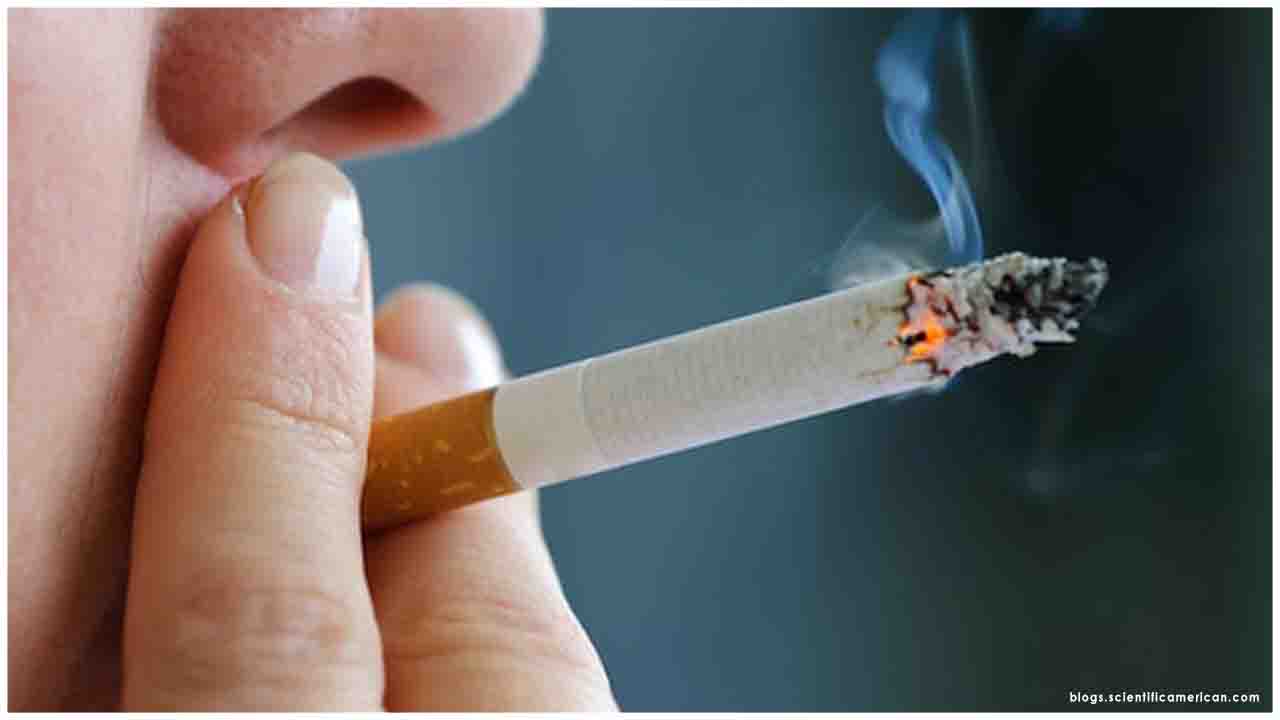Union Health Minister Harsh Vardhan on Wednesday stated rising evidence suggests that smoking increases risk of contracting COVID-19 in addition to worsens the end result in individuals contaminated with the virus.
Speaking on the launch of an e-book on tackling substance abuse and behavioral dependancy within the nation, Vardhan stated alcohol intoxication may also improve the risk of an infection and produce other results, together with a discount of immunity.
Dr. Harsh Vardhan, Union Minister of Health and Family Welfare released the e-book titled “Standard Treatment Guidelines for the Management of Substance Use Disorders and Behavioural Addictions” that aims to tackle substance abuse and behavioral addiction in the country, here today, through video conference, in the presence of Sh. Ashwini Kumar Choubey, MoS (HFW).
Speaking on Substance Use Disorder as a growing public health problem, especially among youth and adolescents, Sh. Ashwini K. Choubey said, “such problems will become more rampant as society adopts modern lifestyle. The Behavioural change also manifests in increased rate of suicides which we have seen during the COVID pandemic.” He commended the Drug Deaddiction Program (DDAP) under the Health Ministry and other stakeholders for implementing such initiatives across throughout the country.
Dr. Harsh Vardhan spoke on “the harmful association of Substance Use with non-communicable disorders (NCDs) like cardiovascular, cancer, road traffic injury, as well as mental health is well established.” He also expressed his satisfaction that “behavioural addictions like gambling, shopping, cyber-relational and cyber-sexual addictions including over-involvement in online relationship and pornography and addiction to online games has been included in the standard treatment guidelines.”
On the importance of addressing challenges to addiction in the times of COVID-19, Dr Harsh Vardhan cautioned that the World Drug Report 2020 “suggests that COVID-19 can have other fallouts just like earlier economic crises have caused – users seeking out cheaper synthetic substances; a shift to more injecting; economic downturn causing the poor and disadvantaged to turn to drug use and suffer its consequences.” He also elaborated on the “emerging evidence that smoking increases risk for COVID-19 as well as worsens the outcome in people who get infected with the virus. Alcohol intoxication can also increase the risk and the other effects including a reduction of immunity can increase the risk.” Similar effects can be anticipated with other drugs as well, he added.
Recollecting his experience in implementing WHO’s essential drug policy as the Health Minister of NCT of Delhi, he underscored the relevance of having a set of standard guidelines to help health professionals in preventing as well as minimising the harm from drug use. He said that the “Standard Treatment Guideline (STG) developed by the DDAP outlines a robust recommendation about the management of various Substance use Disorders or Addiction such that every general clinic can follow them.” He hoped “these Guidelines will help towards reducing the treatment gap for substance use disorders and help the country in its progress towards becoming healthier, happier and more prosperous.”
Impressed with the success of Government campaign to instil COVID appropriate behaviour in the masses such that every child is as aware of the norms as the expert recommending them, he pressed the need for a mass campaign to address the issue. “This is a social issue not limited to the medical fraternity. Individuals in public life and religious organizations should also be involved in raising awareness. Awareness and cooperation between society and medical fraternity to fight the menace of addiction imminent for realisation of the Prime Minister's Vision of New India”
The National Mental Health Survey 1996 showed a treatment gap of 76-85% for substance use disorders mostly related to addiction to tobacco, alcohol, cannabis and opioids. The Standard Treatment Guidelines are developed by an Expert Group identified by the Tobacco Control and Drug Dependence and Treatment Programme (TC and DDAP). The group consists of psychiatrists working in the area of substance use prevention and treatment from National Institute of Mental Health and Neuro-Science (NIMHANS), Bengaluru, AIIMS, New Delhi, Postgraduate Institute of Medical Education and Research (PGIMER), Chandigarh, Vardhman Mahavir Medical College (VMMC) and Safdarjung Hospital, Atal Bihari Vajpayee Institute of Medical Sciences (ABVIMS) and Dr. RML Hospital. The Guidelines are also available through the digital library of resources, available at: http://books.vknnimhans.in/books/jllx/#p=1.
This library has potential to be expanded in terms of regional, national and international resources that can be used for substance use treatment programmes in the country. The appendix contains an E-repository of resources in the area. Digital training of doctors through this book aims to reach the under-served populations through doctors and health professionals working in remote and poorly resourced settings.
Ms. Preeti Sudan, Health Secretary, Shri Rajesh Bhushan, OSD (HFW) and senior officials of the Ministry were also present. Dr. Rakesh Chadda, HoD, NDDTC, AIIMS, New Delhi, Dr. BN Gangadhar, Director, NIMHANS, Bengaluru and contributors to the book joined the programme through virtual platforms.

 Union Health Minister Harsh Vardhan on Wednesday stated rising evidence suggests that smoking increases risk of contracting COVID-19
Union Health Minister Harsh Vardhan on Wednesday stated rising evidence suggests that smoking increases risk of contracting COVID-19












.jpeg)







.jpeg)





.jpg)


.jpg)



